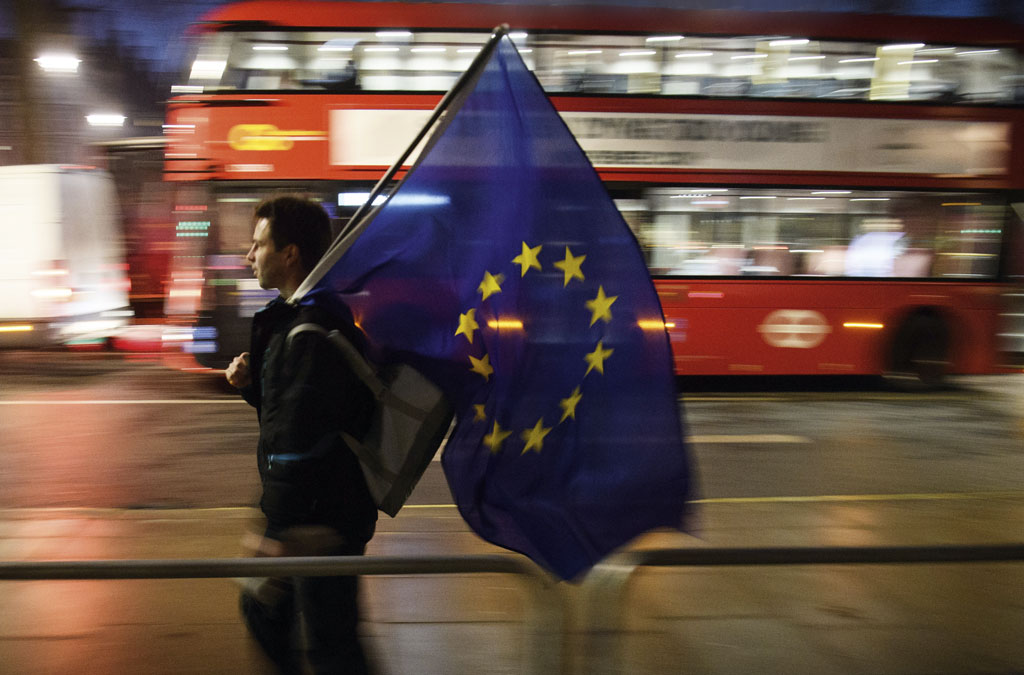
UK higher education & Brexit—Hilary Aldred asks if there is any silver lining
- Higher education sector relies on mobility of students and staff from EU countries.
- Higher education industry lobbying for special sector terms for post-Brexit environment.
Brexit is a big issue for higher education in the UK. The higher education (HE) sector relies heavily upon international mobility of students and staff: an estimated 34,000 academics come from other EU countries. Higher education is also responsible for around 10% of the UK’s total export of services, generating approximately 2.8% of GDP. As the UK talks about negotiating sector specific deals, the industry is lobbying hard for special sector terms, and bracing itself for life post-Brexit, whatever its form.
EU students in the UK
International students constitute a significant proportion of those studying at UK universities: many European students choose to study in the UK even though the costs are higher than in many other European countries. The question is whether they will be deterred if they have to pay a full international student fee. Although









